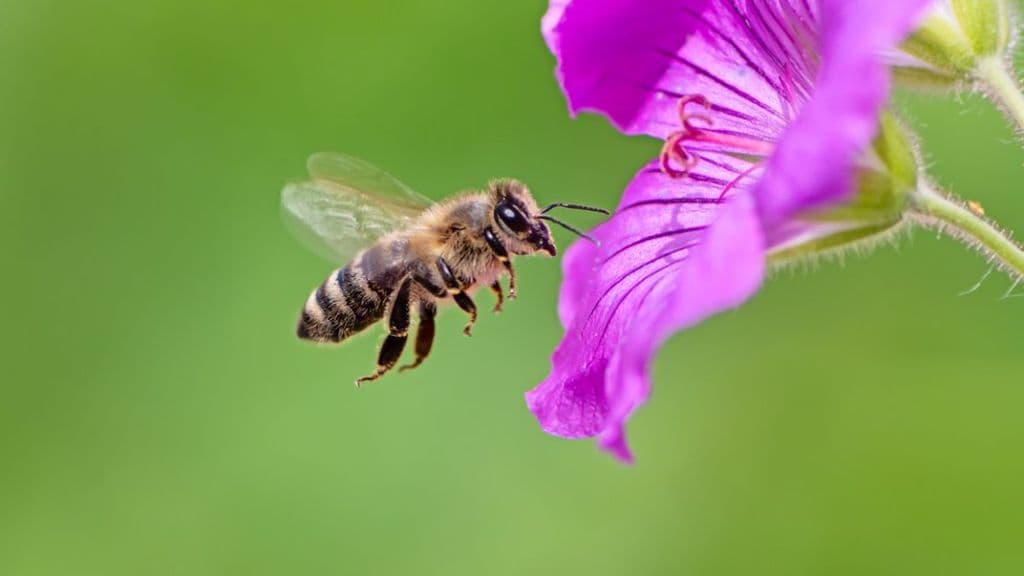The Spring of 2020 has encouraged more and more people to enter the world of gardening. If you are planning on working on your garden and would like it to be visited by bees that will help you pollinate your garden while helping the environment, you might benefit from some tips on attracting bees to your home:
1. Plant Bee-Friendly Flowers
Bees need a substantial amount of nectar and pollen. Therefore, you should concentrate on planting single top flowers which produce more pollen such as daisies and marigolds. These flowers make it easier for a bee to land and access pollen, as compared to more extravagant looking double-headed flowers.
2. Plant to Ensure Year-Round Blooms
Though bees work primarily in the spring and summer months, they are not entirely inactive during the fall and winter months. That is a time when they would especially benefit from plants, and planting flowers and trees that will bloom at different parts of the year will help. Cold-weather plants that are more textured, such as heather and snowdrops, allow bees to land and rest on them. For autumn, try opting for honeysuckle or dahlias, which are less susceptible and more resilient towards the changing weather. Flowers like bluebells and lavender are perfect for the summer since they are more attractive to the ultra-violet vision of honeybees.
3. Create Resting Spots
By creating resting spots for bees around your garden, you will be encouraging them to come to hang out. Bees will be able to go and take shelter in your garden, and even breed if they feel comfortable enough. Your makeshift bee resting spot can be a pot of clay turned into a bee hotel or a pile of logs. Just ensure that it is facing sunlight, and the bees are not disturbed. You can also create water stations for them by filling a bowl of water with stones to land on.
4. Let Your Weeds Grow
Plants such as dandelions and climbing ivy create an area surface that is easy to land on for bees and will encourage them to keep visiting your garden. Consider laying off the weeder for a while and embracing the natural feel of your garden. If you do choose to weed your garden, ensure that you do not use chemicals to kill them; otherwise, you will risk harming your bee guests, along with the other wildlife in your garden.


